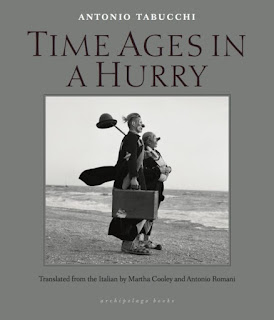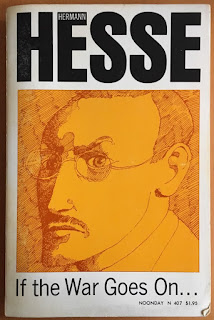That outline clearly marks it as a Bildungsroman and it's a well-done example of the form.
Toni is the only child of Jewish parents in Montreal; her Austrian parents survived the Holocaust; her father, barely, in a camp and her mother hiding in a remote Italian village. Neither much wants to talk about what happened, but they will (especially her mother) use their tragedy to emotionally blackmail their daughter. Toni is born in the late 1940s, and the events of her life are correlated to world events, though she's not an especially political person
At eight, she's a tomboy living in an apartment on the far side of Montreal's namesake mountain. She goes and plays with the rough boys in the woods. Then her parents buy a place in the suburbs.
At thirteen, she goes to a Jewish camp near Montreal and falls in love with the camp music instructor Janet. She steals and drinks a bottle of alcohol, makes a declaration of love for her camp counsellor, which we're not sure anybody understands, and gets kicked out.
At eighteen, she's studying in Jerusalem. Is she a Zionist? Well, Janet is there, but she's in an unhappy relationship with David, a druggy spiritualist. She loses her virginity to an Arab boy. She's called back to Montreal by the death of her father.
At twenty she discovers a lesbian bar. But neither the working class butch/femme couples nor the newly arrived feminist University girls are quite her. But this scene is closer to who she is than anything yet. And it's there she meets Robin, the first real love of her life.
Well, first loves often don't work out. But she's now on the road to who she is.
Goliger is a sharp observer and Toni's life is convincingly portrayed. This is her debut novel after a book of short stories; her new novel (from 2018) is Eva Solomon's War and is historical fiction set in the late 30s. I haven't read either of her other books, but might!
Girl Unwrapped came out in 2010 with Arsenal Pulp Press. It's good.
-- o --
Ahem, completely off-topic. I find I was completely unable to write the words 'lesbian bar' without going off to listen to the Jonathan Richman song. Just in case you have the same sensation:
Read for the Canadian Books Challenge.
















































